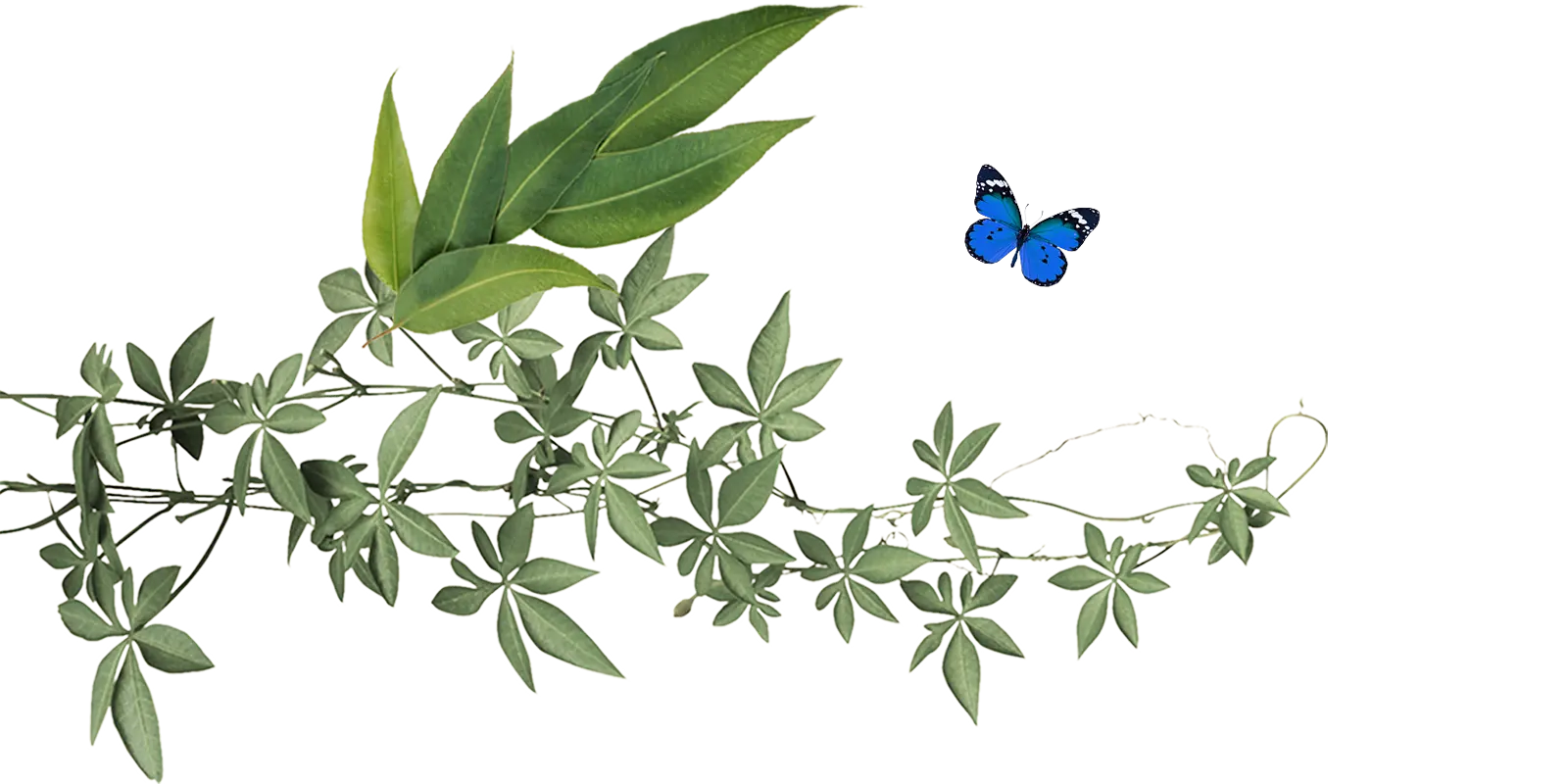What is Regen Ag?
Regenerative agriculture (or 'regen ag') is a holistic approach to farming and grazing that focuses on restoring and enhancing the health of ecosystems. By choosing food that’s produced regeneratively, what you eat can be good for the planet, good for farmers, and good for you and your family’s health.
Regen ag can mean different things to different people and there’s an array of practices that are being employed by farmers around the world. Each practice has the potential to help restore the soil's natural ability to sequester carbon. This not only helps to balance the climate, in so doing, it supports health (ours, and the planet's) and the biodiversity of the ecosystem by diversifying plant life and building nutrient-rich top soil.
Additionally, these practices can result in a multitude of other cascading benefits such as increased water retention, reduced soil erosion, protection of groundwater quality, and improved resilience against pests and diseases.
Not only do these holistic and sustainable approaches to agriculture help to restore our climate; they actively work to create a more resilient and secure food future.
Regenerative food systems include agroforestry, agroecology, silvopasture, pasture cropping, advanced rotational grazing and crop diversification.
It’s important to note that while ‘regenerative’ may be the new buzz word, many of these methods aren’t new, and have been used by Indigenous cultures for many thousands of years.
Indigenous cultures have long understood the importance of working with nature to nurture the land and ensure sustained health and productivity across all systems. By embracing the knowledge and expertise of Indigenous cultures and traditional farming practices, we can learn valuable lessons about land stewardship, biodiversity, and the importance of a holistic approach to farming.
Regenerative agriculture's underlying principles include:
- avoiding tillage and keeping soil covered and undisturbed
- fostering plant diversity
- using more perennials (plants that live for more than 2 years)
- encouraging water absorption into the soil
- integrating cropping and livestock.
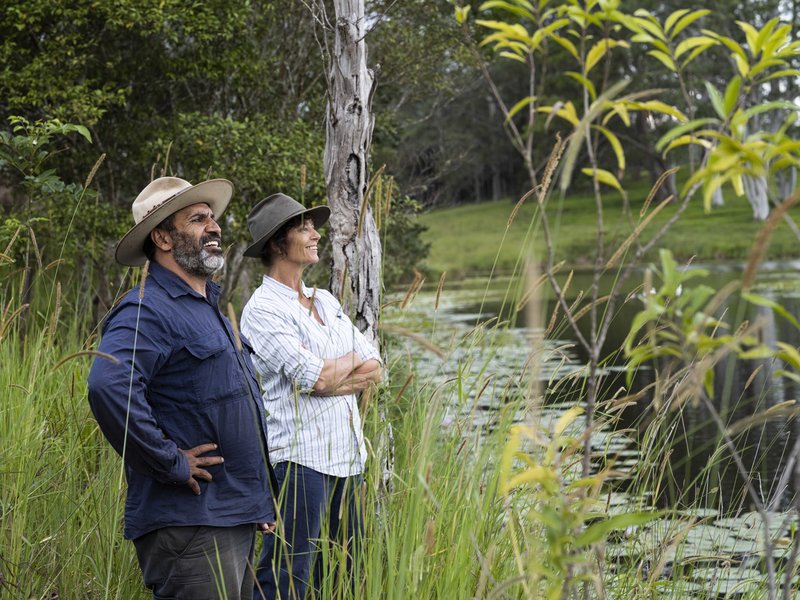
The Opportunity
Regen ag represents an incredible opportunity to address the climate crisis and biodiversity loss.
Agriculture is one sector that has the ability to transform from being a huge emitter of carbon to actually being ‘climate-positive’ by drawing down more carbon than it emits; effectively, playing a hugely important role in re-balancing the carbon cycle.
The Rodale Institute has released research showing that if the world’s farmlands converted to regenerative agriculture, more than 100% of global CO2 emissions would be sequestered.
Across the world, it is estimated that more than 15 million smallholder farmers and tens of thousands of farmers and ranchers are now employing agricultural methods that reverse the loss of soil health, heal landscapes, hold water and bring agriculture and food back to life.
Take Action
To drive the transition towards regenerative agriculture, everyone can play a part.
Consumers can make a difference by using their purchasing power to support local growers by choosing organic, regenerative, sustainable and ‘climate-positive’ produce, and by donating to organisations who are helping farmers transition their farms.
Farmers and land stewards can learn more about adopting regenerative practices and connect with local groups and organisations that can support them on the journey.
To start your learning journey, here are some of the resources featured in Rachel's Farm
- Call of the Reed Warbler, by Dr. Charles Massy - The book that inspired Rachel's journey
- Australian Holistic Management Course - The training that Rachel undertook
- Land to Market - The Savory Institute's EOV (Ecological Outcomes Verification) was the verification Rachel attained
- RCS Australia - A regenerative agriculture course that Rachel completed. Here is a list of upcoming trainings.
- Natural Sequence Farming - Peter Andrews supported Rachel to establish Natural Sequence Farming (NSF) on her farm
- The Good Farm Shop - learn more about the business that Rachel's daughter Matilda and her partner Scott started after being inspired by Rachel's journey
- VRM BioLogik - the catalyst product that Rachel uses to speed up the process of turning green matter into compost.
Click the button below to find actions and resources for both consumers and farmers.
"Regenerative agriculture implies more than just sustaining something but rather an active rebuilding or regeneration of existing systems towards full health."
Stories about regen ag
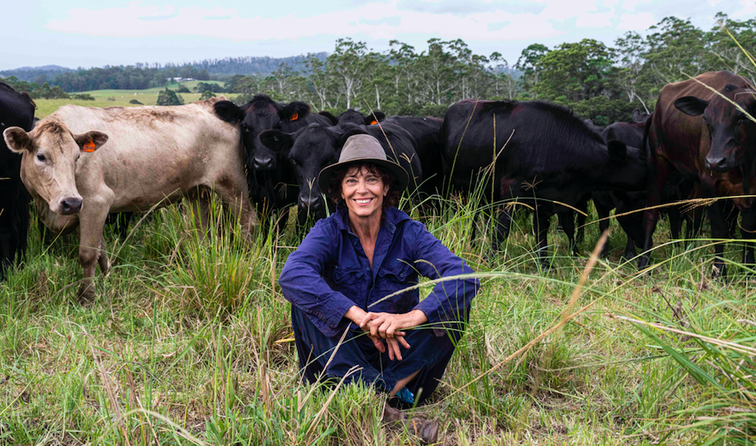
Letter from Rachel Ward
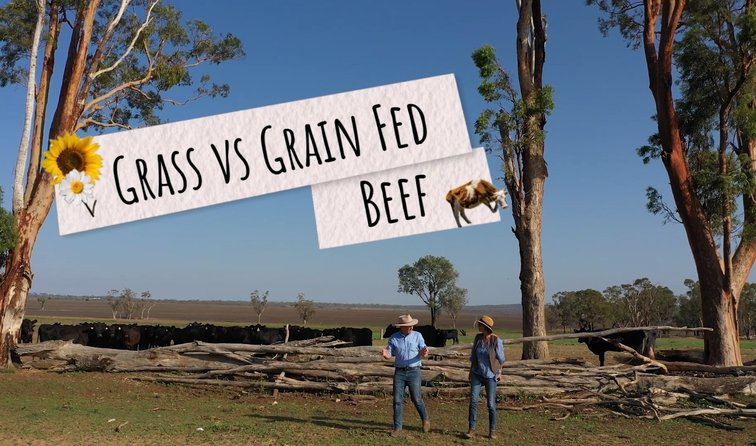
Grass Vs Grain Fed
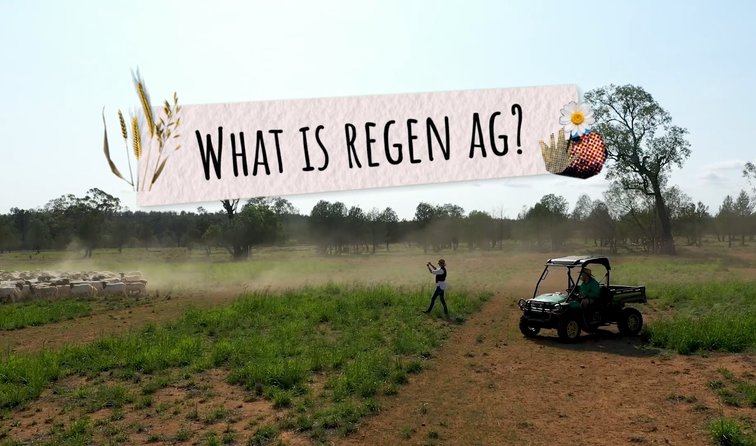
What is Regen Ag?

The Good Farm Shop
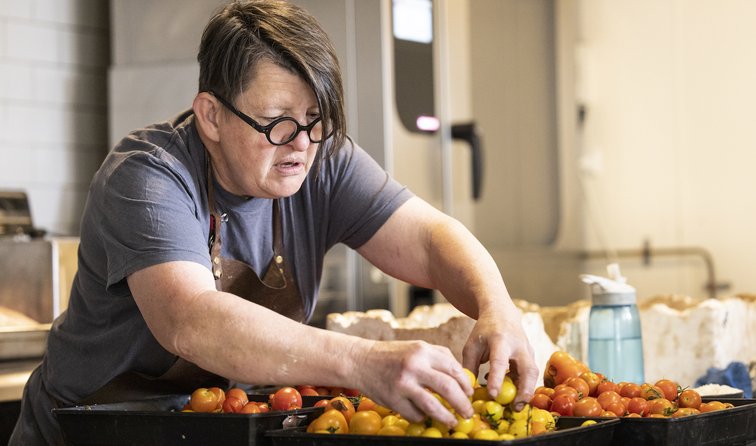
Walking Gently on the Earth

From the ground up

Healing farm designs

Water brings life

How we regenerate Australian landscapes

